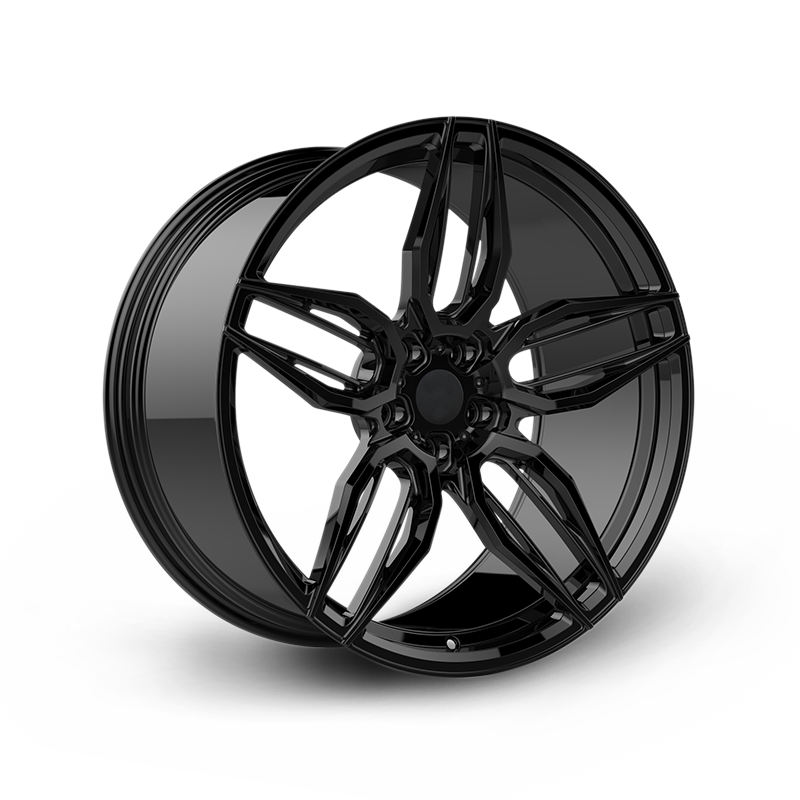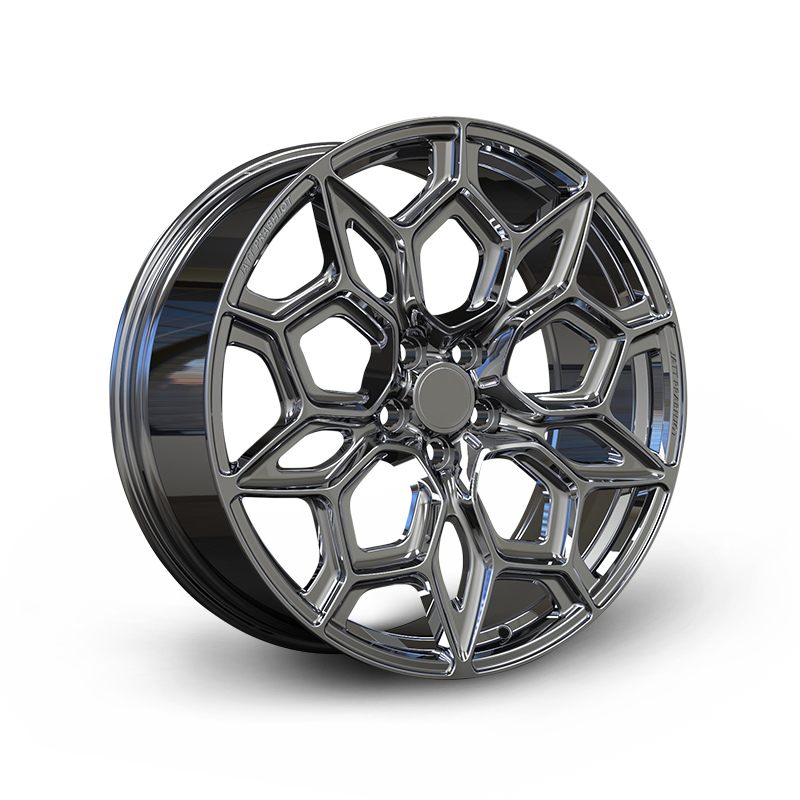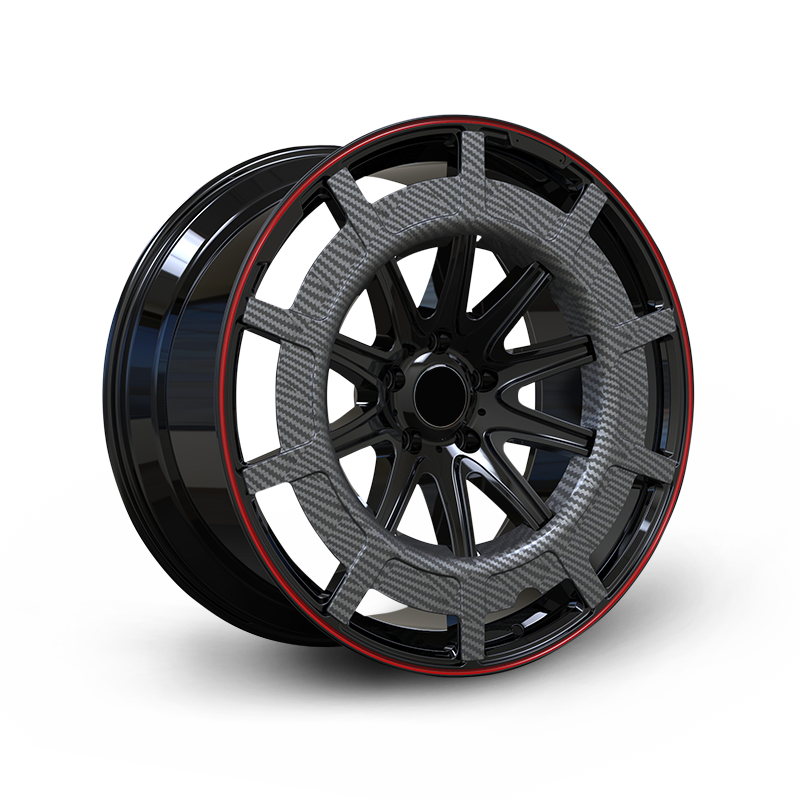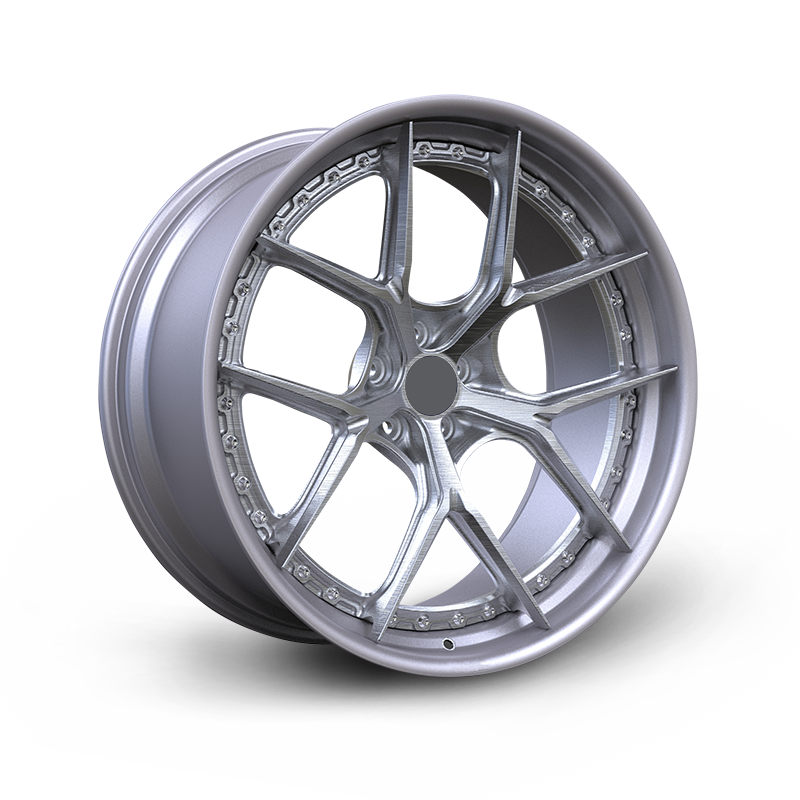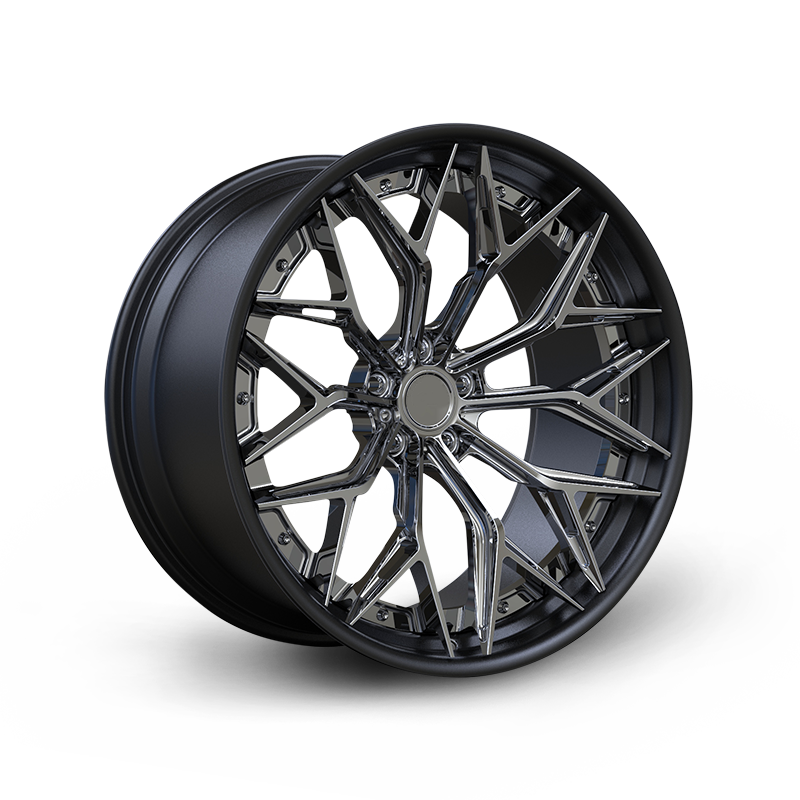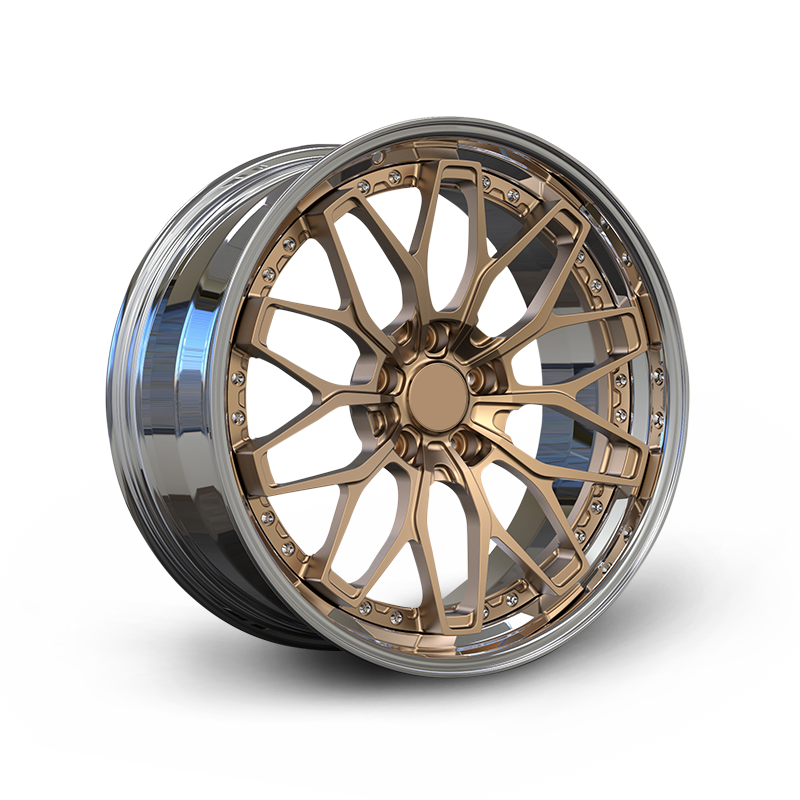How to Ensure Proper Fitment and Alignment with Modified Car Wheels?
Modified car wheels are designed to enhance a vehicle's aesthetics or performance by altering their size, offset, or design. This includes modifications such as changing the rim diameter, adjusting the offset, or adding custom spoke patterns. However, these modifications can affect how the wheels fit onto the vehicle and their alignment, impacting overall driving dynamics.
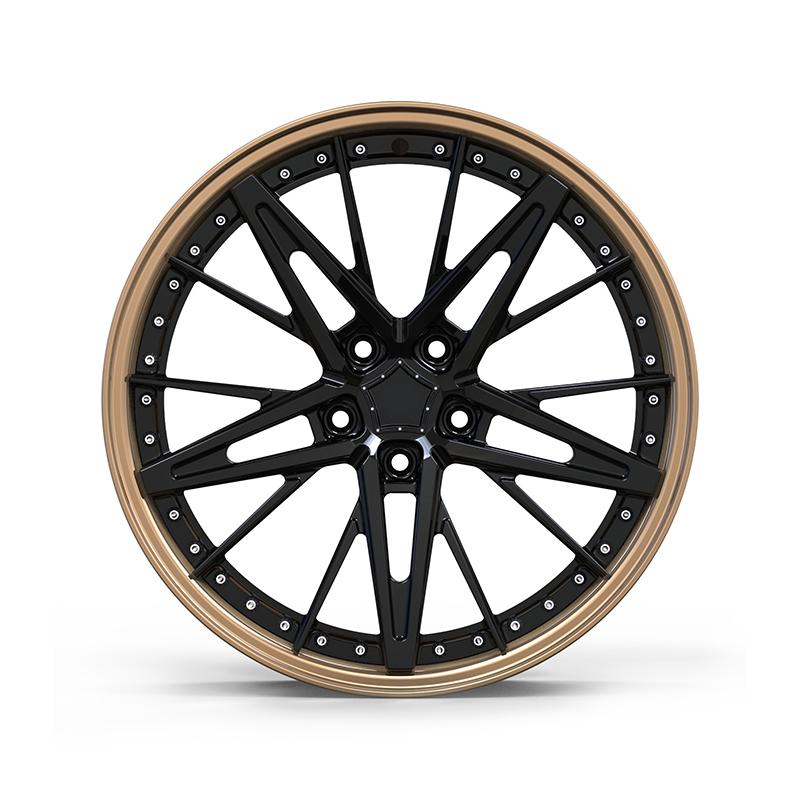
Proper Fitment of Modified Car Wheels
1. Check Wheel Specifications: Before installing modified car wheels, ensure that they match the vehicle's specifications. This includes verifying the diameter, width, offset, and bolt pattern. For instance, if you're using spokes car rims with a custom design, double-check that the offset aligns with your vehicle's requirements to avoid issues like rubbing against the suspension or fenders.
2. Ensure Hub Compatibility: The center hub of the wheel must fit snugly onto the vehicle's hub. Modified car rims often come with various center bore sizes, so it's essential to ensure that the wheels you choose have the correct hub diameter or use hub-centric rings if necessary. A proper hub fit prevents vibration and ensures smooth driving.
3. Verify Lug Nut Compatibility: When modifying car wheels, the lug nut configuration is critical. Ensure that the lug nut size and thread pitch are compatible with the modified car wheels. For wheels with different designs or bolt patterns, you may need to use different lug nuts or bolts. Properly torque the lug nuts to the manufacturer's specifications to prevent loosening or damage.
4. Consider Brake Clearance: When installing modified car rims, especially those with intricate spoke designs, ensure that there is adequate clearance between the wheel and the brake components. Custom wheels might have different offsets that could impact brake caliper clearance, so check that the new rims do not interfere with brake performance.
Alignment After Wheel Modification
1. Professional Alignment: After installing modified car wheels, it's essential to have a professional alignment performed. This step ensures that the wheels are correctly aligned with the vehicle's suspension geometry. Proper alignment helps prevent uneven tire wear, handling issues, and poor driving dynamics. A professional alignment service will adjust the camber, toe, and caster angles to meet manufacturer specifications.
2. Check Suspension Components: Modification can affect the suspension geometry. Inspect the suspension components, such as control arms, struts, and bushings, for wear or damage. Replacing or adjusting these components may be necessary to maintain proper alignment and vehicle handling with the new wheels.
3. Monitor Tire Wear: After fitting modified car wheels, monitor the tires for signs of uneven wear. Uneven tire wear can indicate alignment issues or improper fitment. Regularly check tire pressure and tread depth to ensure that the wheels are performing as expected and that alignment is properly maintained.
Maintaining Alignment with Modified Wheels
1. Regular Inspections: Regularly inspect your modified car wheels and alignment. Even with proper installation, factors like road conditions and driving habits can affect alignment over time. Routine checks and adjustments will help ensure that the wheels remain properly aligned and that performance is not compromised.
2. Driving Habits: Be mindful of driving habits that can impact wheel alignment. Avoid hitting potholes or curbs, and drive smoothly to minimize the risk of misalignment or damage to modified car wheels. Proper driving habits can extend the lifespan of your wheels and maintain good alignment.
3. Addressing Alignment Issues: If you notice any issues with steering, handling, or tire wear, address them promptly. Misalignment can cause more severe problems if left untreated, including increased tire wear, reduced handling performance, and compromised safety. Consult with a professional if you suspect alignment issues.
Customization and Aesthetics
1. Balancing Aesthetics with Functionality: When choosing modified car rims or spokes car rims, balance aesthetic preferences with functional requirements. Custom designs should not compromise wheel performance or safety. Ensure that the visual modifications do not negatively impact the vehicle's handling or driving dynamics.
2. Custom Wheel Maintenance: Modified car wheels, including custom designs and spoke patterns, may require specific maintenance practices. Follow manufacturer guidelines for cleaning and care to preserve the appearance and performance of your custom wheels. Regular maintenance will ensure that your modified rims continue to look great and perform well.
Whether it's to achieve a unique aesthetic with modified car rims or to improve handling with specialized spokes car rims, ensuring proper fitment and alignment is crucial.
If you have any questions, please fill out the contact form at the bottom of the page and contact us.

